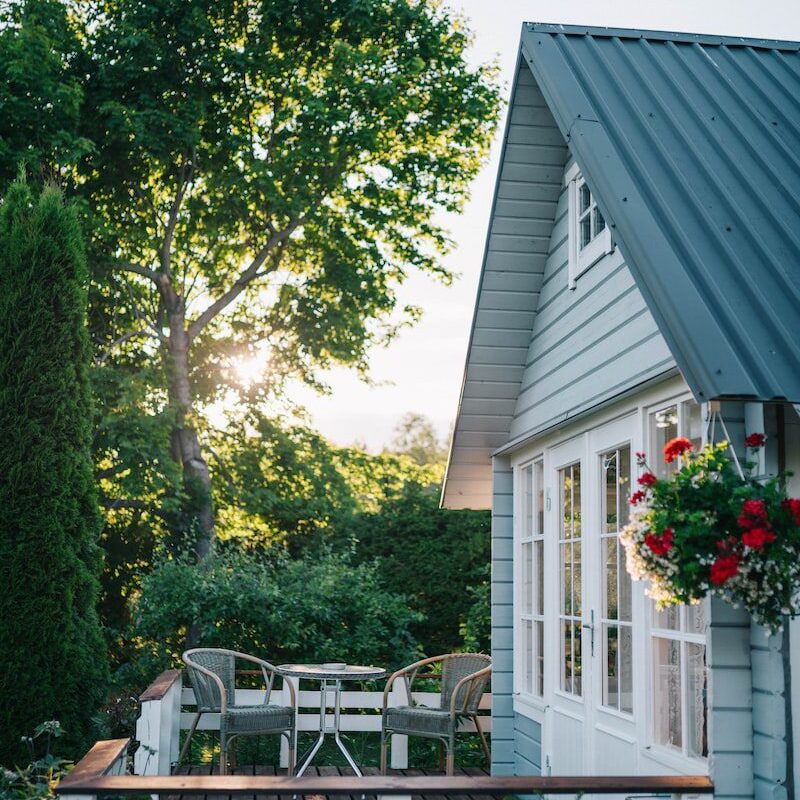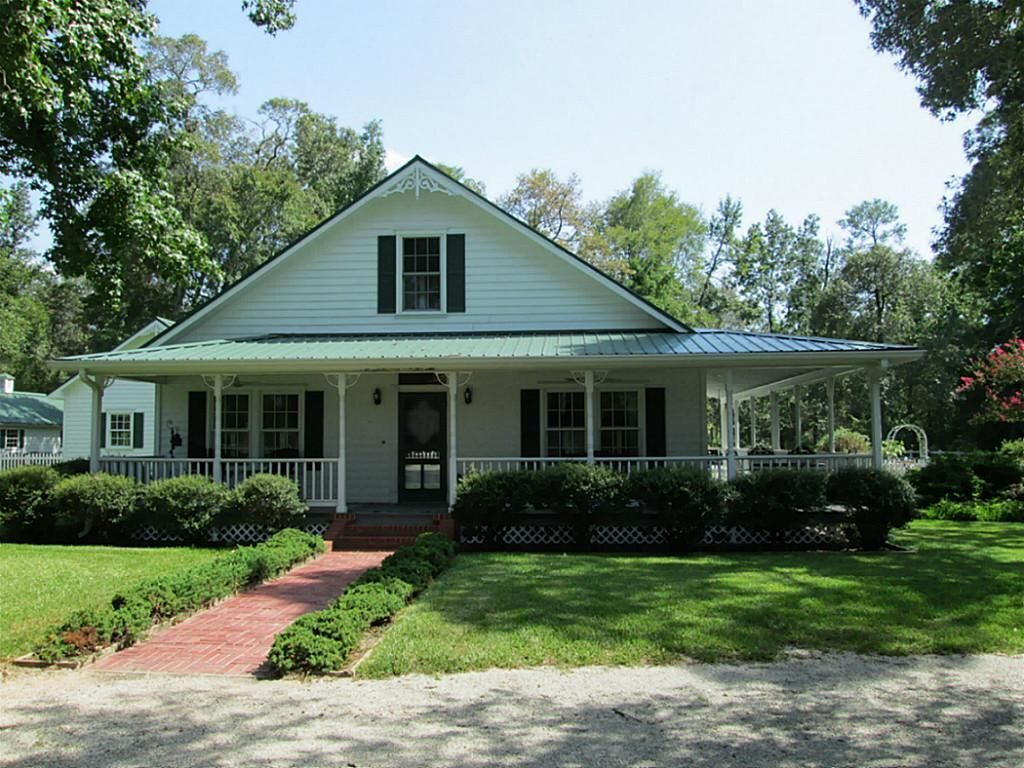Summer 2022 - Industry Spotlight
End-of-Life Care Homes
End-of-Life Care Homes
by Valerie Nicholas
End-of-life care is the term used to describe the support and medical care given during the time surrounding death. This type of care does not happen only in the moments before the last breath or when the heart stops beating. Older people and those with a terminal illness often need significant care for days, weeks, and even months before death.
Generally speaking, people who are dying need care in four main areas: physical comfort, mental and emotional needs, spiritual needs and practical tasks. As Barbara Karnes, RN states, “Dying is not a medical situation. In the hours to minutes, often even days before death, we don’t need medical assistance. We don’t need doctors or nurses or hospitals or 911. We need help from friends, family, caregivers. The hours to minutes before death become a social, communal situation; a time of support from others.”
The end of life may look different depending on the person’s preferences, needs, or choices. Some may prefer to be in the comfort of their home when they die, while others may prefer to seek treatment in a hospital or hospice facility until the very end.
Amidst the inadequate resources of the health care system, a new innovative model of end-of-life care has emerged. A comfort-based, person-centered home-away-from-home for people in the last months of life. End-of-life homes are known informally and collectively by many different names: Comfort Care Homes, Homes for the Dying, and Social Model Hospice Homes. These homes are located within neighborhoods and communities, vary in size, and are in several states across the country… including Colorado! They provide a home-like environment for terminally ill persons in need of 24-hour care. They also provide residents and their families with quality care and emotional support.
Funding for daily operating expenses is dependent on donations, fundraising, and grants. No one is ever turned away for an inability to contribute.


The Omega Home Network is a non-profit grassroots effort to educate communities about living well through dying. Formerly known as the Social Hospice Network, these homes provide a non-medical, comfort-based, supportive level of care. A social model hospice home is not to replace hospice, but to supplement it by providing a comfortable home staffed by volunteer nurses and good-hearted individuals trained to assist patients with daily life functions like bathing, grooming, repositioning, and helping with some medications. A hospice program supports the care with nursing, social work, and chaplain visits. The main purpose of the home is to help families who struggle to care for a loved one with end-of-life needs. There are approximately 50 of these houses that are operating in many communities around the country. Some of these homes provide temporary relief from the burden of being a 24/7 caregiver assisting families who struggle with debilitating disease, such as ALS, cancer, leukemia, or Parkinson’s.
To become a member of the Omega Home Network, an end-of-life care home:
- Must have nonprofit status and provide proof of nonprofit 501c3 status for organization or for sponsoring organization, or provide proof of intent to file for nonprofit status within the first year of membership
- Must serve persons with a terminal illness with an emphasis on individual and family-centered end-of-life care in a home environment
- Must provide 24/7 care by a combination of paid and volunteer staff
- Must not be a medical hospice provider but collaborates with local medical hospices, who provide medical care/case management
- Must adhere to the Omega Home Network Core Values
In Colorado, The Rocky Mountain Refuge for end-of-life care is a dignified alternative for the homeless to dying alone on the street with a terminal illness. The organization uses two rooms at the Denver Rescue Mission shelter located at 6090 Smith Road.
For more information, or if you would like to help, please visit the Omega Home Network or Rocky Mountain Refuge for end-of-life care to learn about how you can support these organizations through volunteer work, fund raising or donation.


